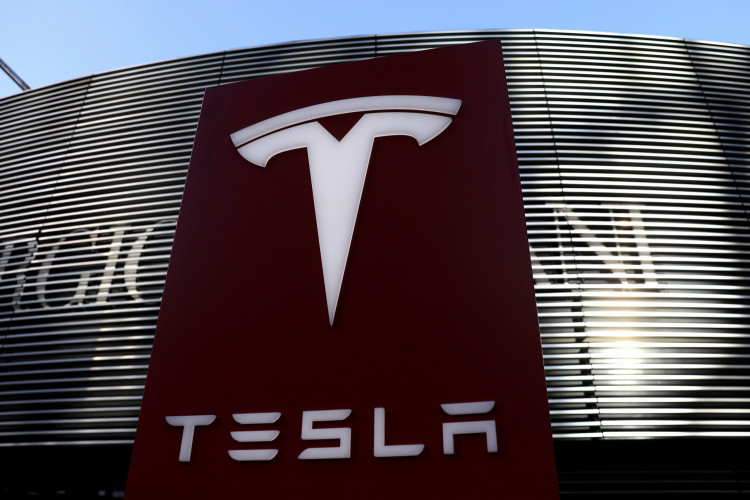The U.S. Department of Justice is investigating Tesla Inc. for potential securities and wire fraud in connection with the company's claims about its self-driving vehicle capabilities, according to three people familiar with the matter, Reuters reported on Wednesday. The probe, which was first reported in October 2022 but has been ongoing since at least late 2021, focuses on whether Tesla executives, particularly CEO Elon Musk, misled consumers, investors, and regulators by making unsupported statements about the company's autonomous driving technology.
Federal prosecutors in Washington and San Francisco are examining statements made by Musk and other Tesla executives regarding the company's advanced driver-assist features, Autopilot and Full Self-Driving. While these systems assist with steering, braking, and lane changes, they do not make the vehicles fully autonomous and require drivers to remain alert and ready to take control at any moment. However, investigators are looking into whether Tesla's communications suggested that its cars can drive themselves, potentially deceiving consumers and investors.
The Justice Department's investigation is exploring two specific criminal charges: wire fraud and securities fraud. Wire fraud involves deception in interstate communications, such as misleading consumers about the capabilities of Tesla's driver-assistance systems. Securities fraud, on the other hand, relates to deceiving investors about the company's technology. The Securities and Exchange Commission is also investigating Tesla's representations about its driver-assistance systems to investors, according to one of the sources.
In its latest securities filing, Tesla acknowledged "regularly" receiving subpoenas and requests for information from the SEC and Justice Department, some of which involve Autopilot and Full Self-Driving. The company stated, "To our knowledge no government agency in any ongoing investigation has concluded that any wrongdoing occurred."
The criminal investigation comes as Tesla faces increased scrutiny over the safety of its Autopilot and Full Self-Driving systems. U.S. regulators have investigated hundreds of crashes, including fatal ones, involving Teslas with Autopilot engaged, resulting in a mass recall by the automaker in December 2022. The recall, which applied to more than 2 million vehicles, employed over-the-air software updates intended to alert inattentive drivers but has now come under a new investigation by the National Highway Traffic Safety Administration (NHTSA) for its failure to adequately address safety issues.
Tesla has long been criticized for allowing its customers to beta test products that may not be ready for wide release. Videos demonstrating the technology, which remain archived on Tesla's website, have made claims such as "The person in the driver's seat is only there for legal reasons. He is not doing anything. The car is driving itself." However, a Tesla engineer testified in a 2022 lawsuit over a fatal crash involving Autopilot that one such video, posted in October 2016, intended to show the technology's potential and did not accurately portray its capabilities at the time.
Musk, who is increasingly focused on self-driving technology as Tesla's car sales and profit slump, has repeatedly promised fully autonomous Tesla vehicles for about a decade. In an October 2022 call with reporters, Musk addressed a forthcoming Full Self-Driving upgrade, saying it would allow customers to travel "to your work, your friend's house, to the grocery store without you touching the wheel."
Legal experts uninvolved in the probe have noted that prosecutors will need to demonstrate that Tesla's claims crossed a line from legal salesmanship to material and knowingly false statements that unlawfully harmed consumers or investors. U.S. courts have previously ruled that "puffery" or "corporate optimism" regarding product claims do not amount to fraud, setting a high bar for prosecutors to clear in this case.






